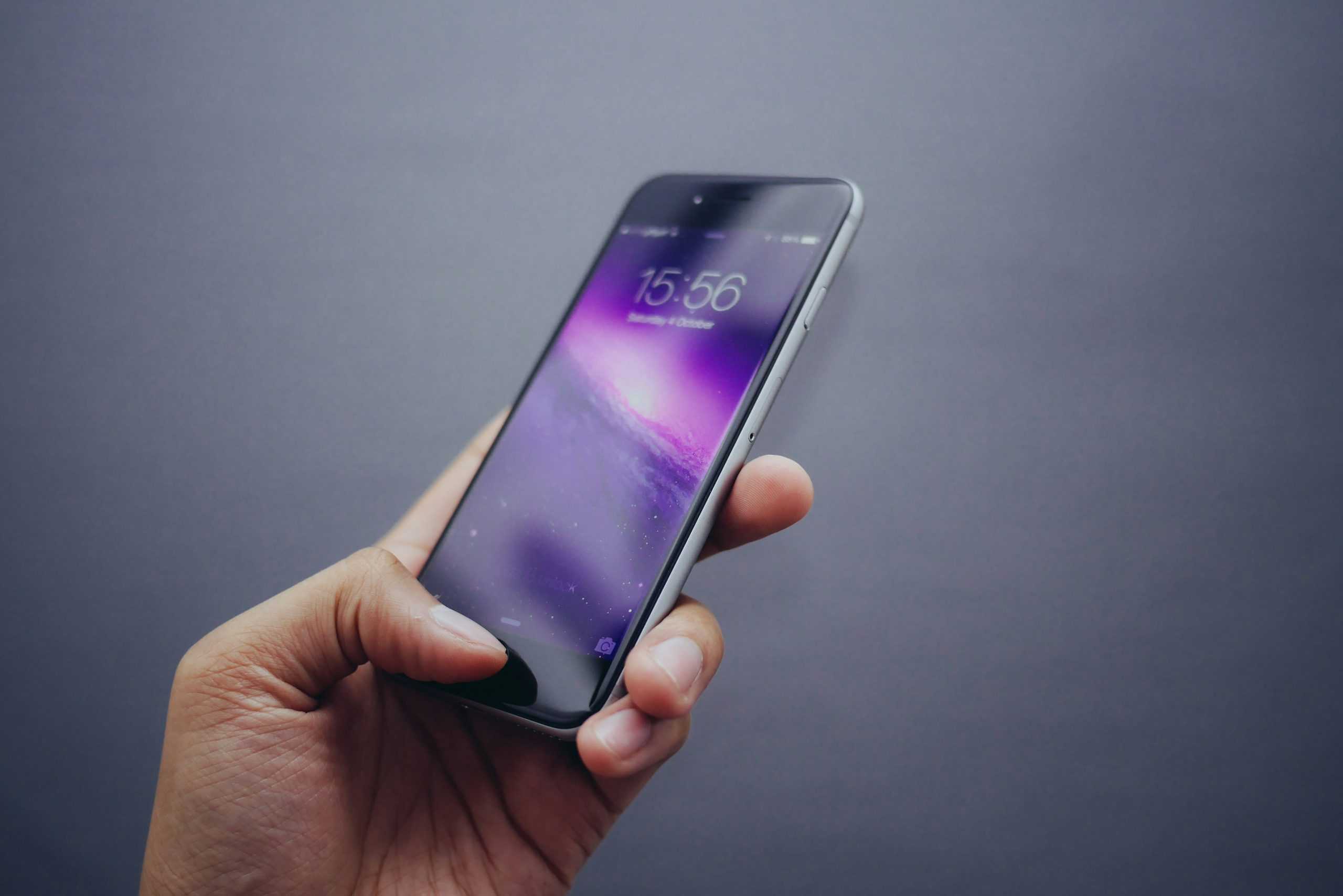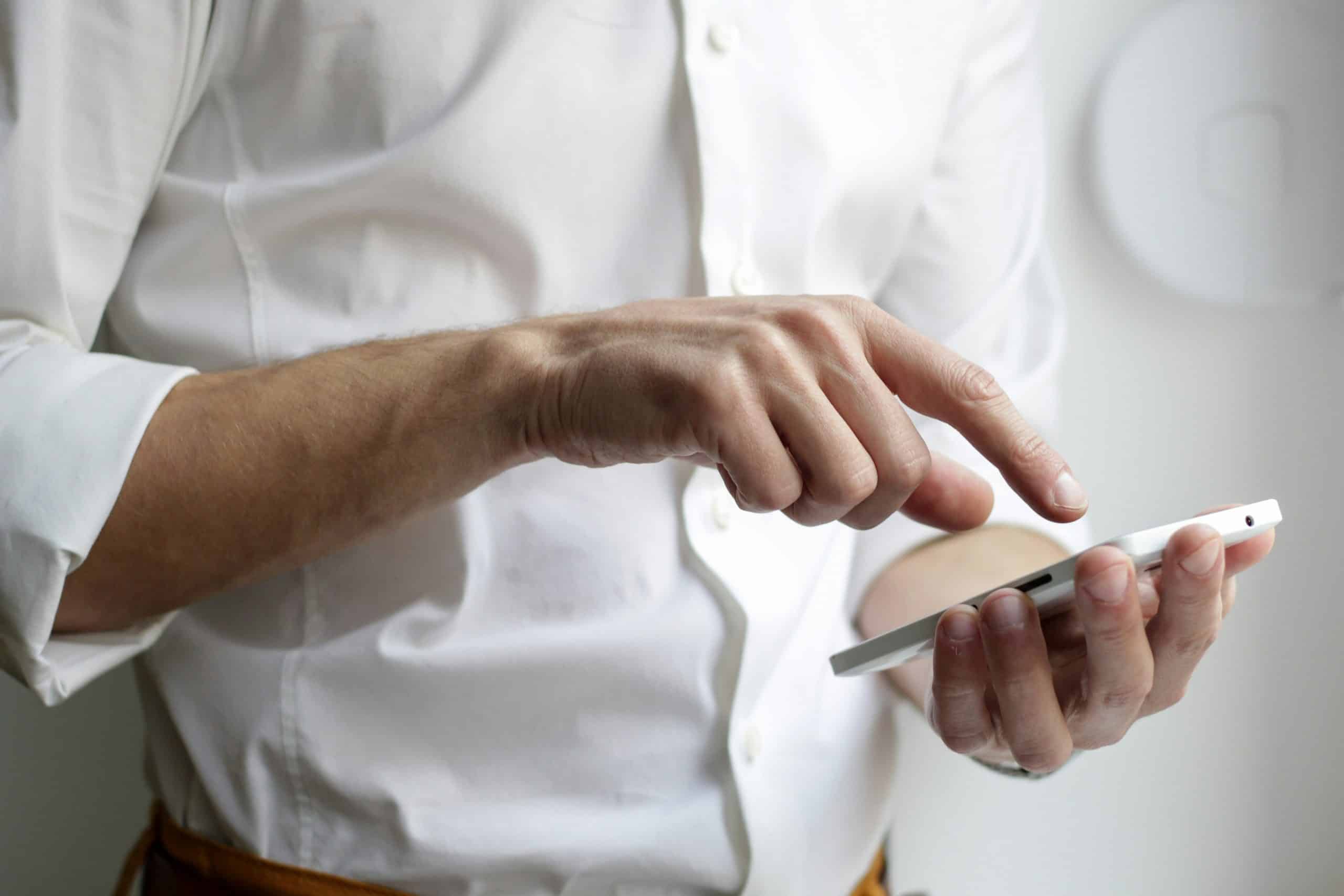We’ve experienced that moment of panic when we reach for our pocket and realize our smartphone isn’t there. There and then, our minds race through different plausible scenarios—maybe it slipped out while on the bus, in the park, or at the salon. But what if this isn’t your story? What if you’re worried about your kids being at school or a family friend’s house and not elsewhere? Maybe you want to know where your spouse is after work hours.
Regardless of your situation, the goal is ultimately the same—you want to track a phone number: yours or theirs. And no, this doesn’t make you paranoid or nosy! Rather, it’s a precautionary measure any conscious individual takes to recover their lost or stolen device or ensure the well-being of their loved ones. But how do you do that without anyone knowing? Well, there are several methods, four of which we will explore in this guide.

How Are Phone Numbers Tracked?
To answer this question, we need to know what tracking means. In a general sense, it implies determining the whereabouts of a mobile device linked to a phone number in the form of coordinates or an approximate address. This involves using technologies and techniques such as:
IP Address Tracking
Every device connected to the internet has a unique numerical label called IP address. It can be traced via ISPs and used to locate the origin of data sent by the device. However, this may not always yield accurate results, especially if a VPN is used or the location points to a broader area, such as a city or town (as is often the case).
Cell Tower Triangulation
This technique further narrows down the search radius of a phone number’s location, compared to IP tracking. And it’s that effective because cellular networks rely on cell towers and base stations to send and receive data from connected devices; in other words, your smartphone continuously pings nearby towers to maintain a steady connection to the network.
To estimate the phone’s location, network operators analyze the strength and timing of the signals sent between the device and at least three nearby cell towers—a method referred to as cell tower triangulation. They can then determine where the signals meet up (or triangulate), giving them an idea of the device’s close location.
GPS
Global Positioning System (GPS) is the topmost precise and dependable tracking method that employs satellite signals to pinpoint the longitudinal and latitudinal coordinates of a device with a GPS receiver, such as your smartphone. Most phones on the market today have GPS sensors that enable them to access navigation services that yield results with an accuracy of a few meters, provided there’s a clear line of sight to the sky.
How You Can Track Phone Numbers
Now you know how phone numbers are tracked, how can you use each or all of the technologies discussed above? Well, the truth is unless you are a mobile service provider or a local law enforcement agent, you don’t have direct or authorized access to these resources. But there are still ways to go about it, four of which are:
Mobile Tracking Apps
Many apps like mSpy and Geo-Tracker can help you track phone numbers by installing them on your phone and the target device. While the target may receive a notification that the app is running, it can be set to hide from the app drawer and desktop for discreet operation. In other cases, you might only need to input the phone number into the app to receive the location details.
Such apps generally come packed with features such as anti-theft, geofencing, real-time location monitoring, and even speed alerts for safe driving. They also cache a history of locations visited by the target. Those with anti-theft can trigger an alarm if they detect suspicious activities, helping you locate the device if it’s nearby.
These apps aren’t free, of course; however, they are affordable. But if you are on a tight budget, consider Google Maps, which isn’t just a tool for getting directions but for finding lost devices. To get started:
- Turn on the GPS on the target device.
- Add the device-linked phone number to your contacts.
- Activate the “Share Location” feature.
- Monitor the device’s location.
Online Tracking Websites
Mobile apps aren’t the only tracking tools at your disposal; websites dedicated to finding a person’s whereabouts exist too. All you need is to enter the individual’s phone number on the search bar, and within seconds you will get not just their location, but also their carrier and full name, depending on which site you use.
If the name or any other relevant detail isn’t included, input the number on Nuwber and viola! The results will appear almost instantly. To some extent, social media platforms like Facebook and Instagram fall into the category of tracking sites, thanks to their location-sharing features which, if activated, can let you view the target’s tagged locations or check-ins.

Service Providers
In this case, you can contact your cell carrier and request they track the target device on your behalf, provided they agree to it. For legal reasons, some may decline your request or ask you for a court order before they run the checks. If granted, you will be notified within a stipulated period if they find anything. Just know that this service may come as an optional add-on for an additional fee.
Law Enforcement Agencies
If your case isn’t urgent and doesn’t seem like something the carrier can help with, you can take it up with the local police, sheriff, or FBI (in the event of kidnapping or terrorism). You’ll most likely be required to provide vital information for the case you want tracking so that they can conduct a thorough investigation. They can then track the device using its unique International Mobile Equipment Identity (IMEI) number or any of the technologies discussed above.
Conclusion
Finding any phone number is easy once you know how to use the methods discussed in this guide. Whichever one you employ should be with the full knowledge and consent of the target, by which you will be respecting their privacy rights—unless it’s criminal-related and done with the help of law enforcement. Remember, unauthorized access to anyone’s location is unethical and illegal.